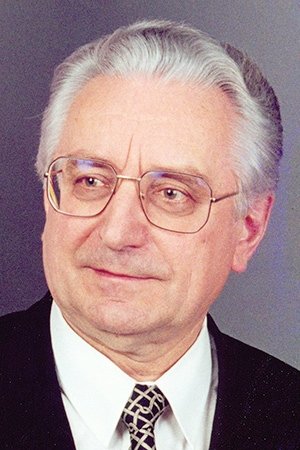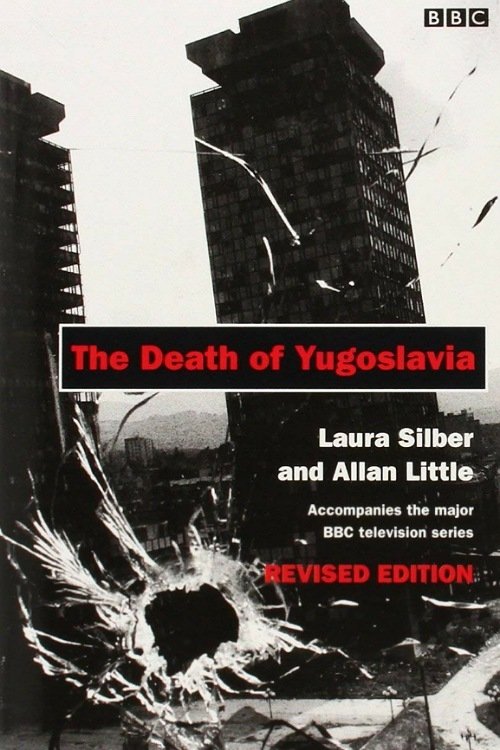

Franjo Tuđman (14 May 1922 – 10 December 1999) was a Croatian politician and historian who became the first president of Croatia, from 1990 until his death in 1999. He served following the country's independence from Yugoslavia. Tuđman also was the ninth and last president of the Presidency of SR Croatia from May to July 1990. Tuđman was born in Veliko Trgovišće. In his youth, he fought during WWII as a member of the Yugoslav Partisans. After the war, he took a post in the Ministry of Defence, later attaining the rank of major general of the Yugoslav People's Army in 1960. After his military career, he dedicated himself to the study of geopolitics. In 1963, he became a professor at the Zagreb Faculty of Political Sciences. He received a doctorate in history in 1965 and worked as a historian until coming into conflict with the regime. Tuđman participated in the Croatian Spring movement that called for reforms in the country and was imprisoned for his activities in 1972. He lived relatively anonymously in the following years until the end of communism, whereupon he began his political career by founding the Croatian Democratic Union (HDZ) in 1989. HDZ won the first Croatian parliamentary elections in 1990 and Tuđman became the President of the Presidency of SR Croatia. As president, Tuđman introduced a new constitution and pressed for the creation of an independent Croatia. On 19 May 1991, an independence referendum was held, which was approved by 93% of voters. Croatia declared independence from Yugoslavia on 25 June 1991. Areas with a Serb majority revolted, backed by the Yugoslav Army, and Tuđman led Croatia during its War of Independence. A ceasefire was signed in 1992, but the war had spread into Bosnia and Herzegovina, where Croats fought in an alliance with Bosniaks. Their cooperation fell apart in late 1992 and Tuđman's government sided with Herzeg-Bosnia during the Croat-Bosniak War, a move that brought criticism from the international community. In a final verdict of war crimes trial of former high-ranking officials of Herceg-Bosnia, the ICTY stated that Tuđman shared in their joint criminal enterprise goal of establishing an entity to reunite the Croatian people which was to be implemented through the ethnic cleansing of Bosnian Muslims. However, it did not find him guilty of any specific crimes. In March 1994, Tuđman signed the Washington Agreement with Bosnian President Alija Izetbegović that re-allied Croats and Bosniaks. In August 1995, he authorized a major offensive known as Operation Storm which effectively ended the war in Croatia. In the same year, he was one of the signatories of the Dayton Agreement that put an end to the Bosnian War. He was re-elected in 1992 and 1997, and remained in power until his death in late 1999. While supporters point out his role in achieving Croatian independence, critics have described his presidency as authoritarian. Surveys after Tuđman's death have generally shown a high favorability rating among the Croatian public.

The Death of Yugoslavia is a BAFTA-award winning BBC documentary...